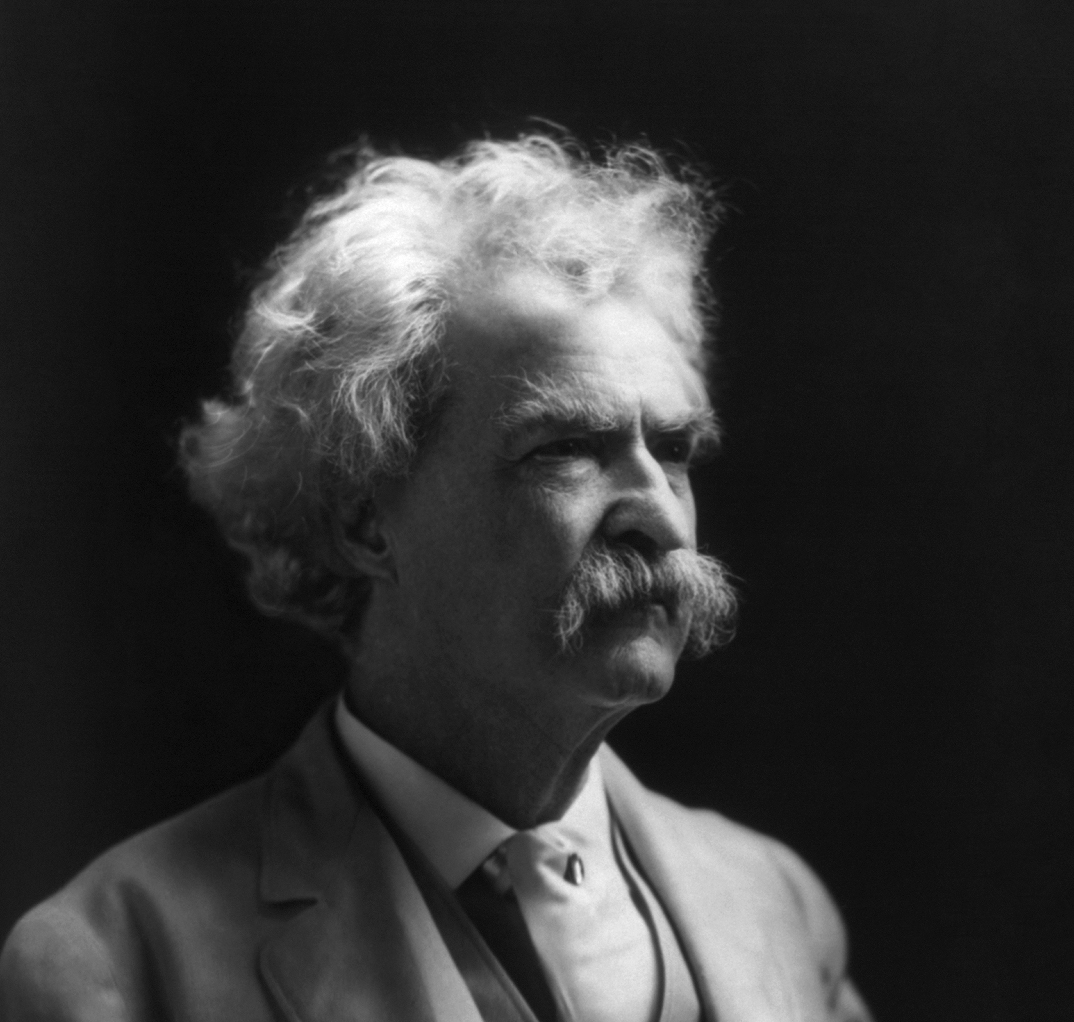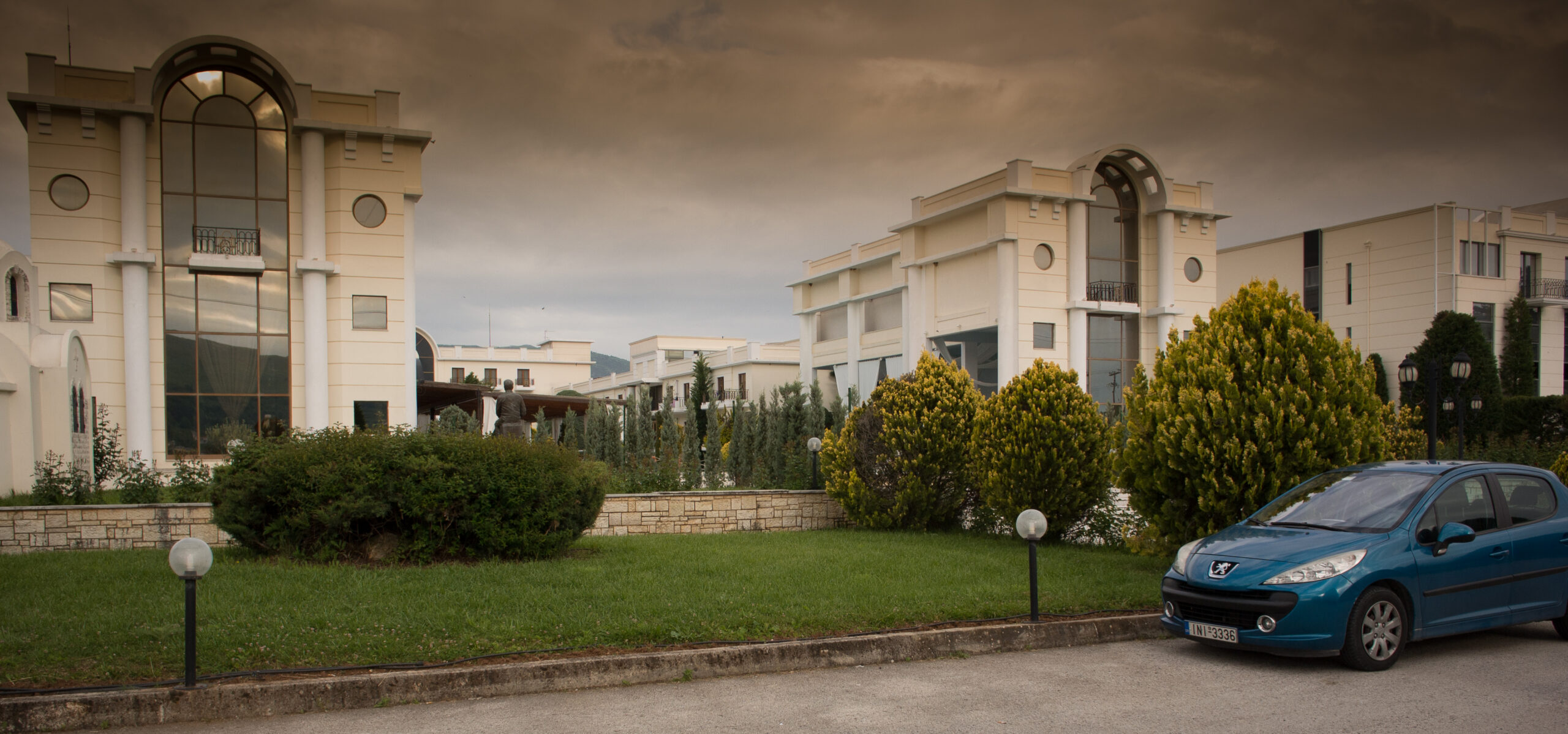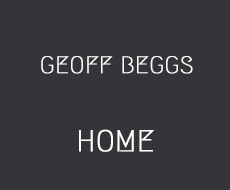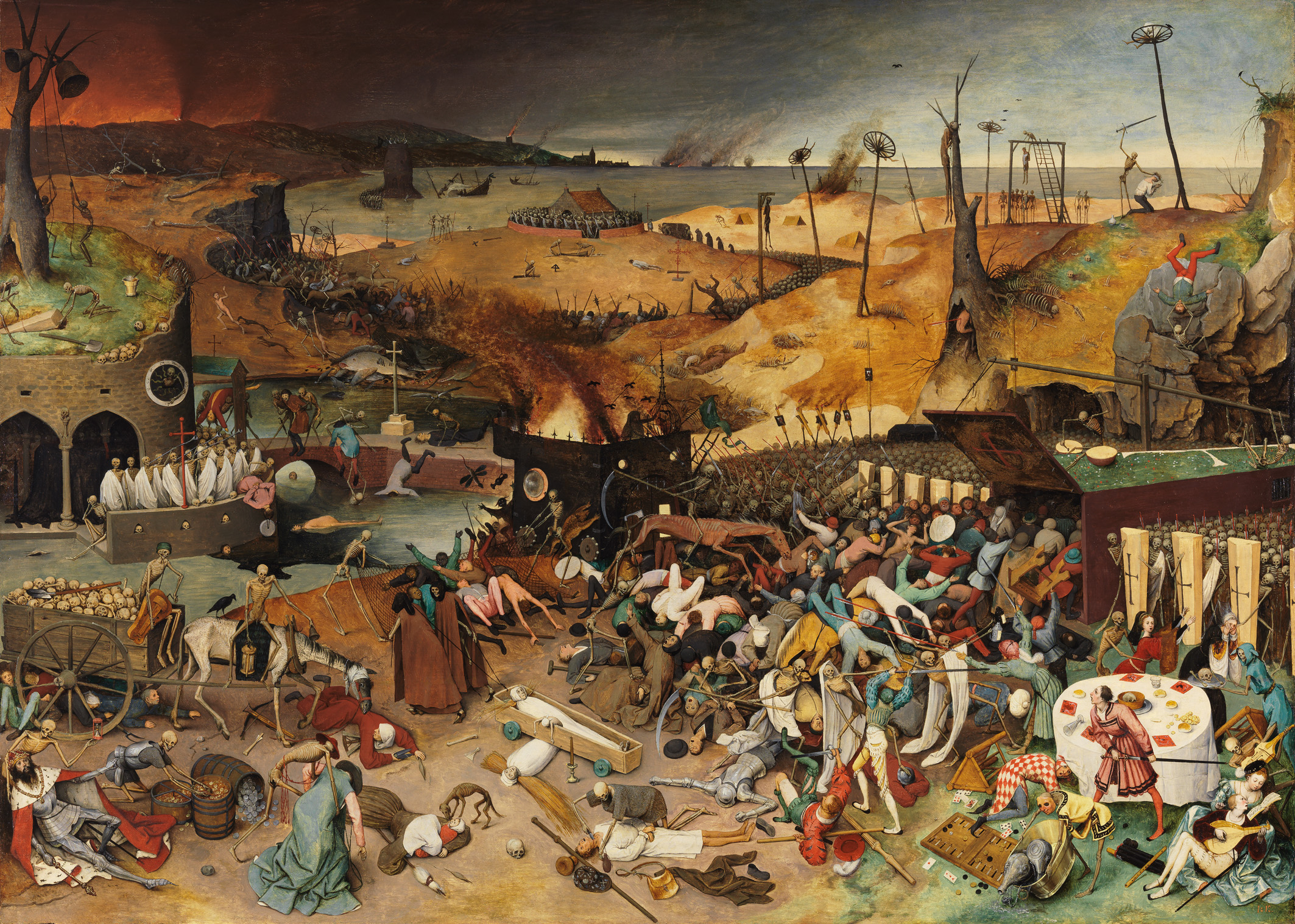Ninety six percent of people won’t read this
24 March 2016
Like me, I imagine you have seen one of those social media posts along these lines: “Bet you can’t name a city without the letter A in it – 96% of people can’t do this”. And it occurred to me, someone has to do a lot of work to work out these statistics.
Perhaps they undertake a double-blind trial, and then adjust their statistics to take into account environmental factors. For example, if you lived in Perth you may be more likely to be able to think of a city without an A in its name.
And then it occurred to me that, like all trials, it had to be designed. Perhaps with the assistance of a university supervisor to ensure there were no logical or methodological inconsistencies embedded in the approach and biasing the survey questions.
The resulting statistics would need to be analysed and peer-reviewed, otherwise you may have let your own unconscious biases intervene, or have left out contemporary understanding and existing research.
Finally, by being accepted by a scientific journal, your research and analysis is made available to an even larger audience, allowing for even further quality assurance. At this point, you would rest comfortably that now was the time to assert boldly, based on the rigour of your approach, that 96% of people can’t think of a city without an A in its name.
Intrigued by all the effort that must be going on behind the scenes, I did my own research, and came up with this paper, published in the prestigious journal, Nature:
Smith, D. J., Jones, E., Fraud, I.M.A. (2016), “An examination of the propensity of a normally distributed adult population to be able to identify a city without the letter A in it during a five minute trial conducted under laboratory conditions and adjusted for environmental and education levels”.
Alright, that last bit may not be true.
Image attribution: Perth, Australia by Fadzai Saungweme on Unsplash
More on thinking and musings


















Leave A Comment